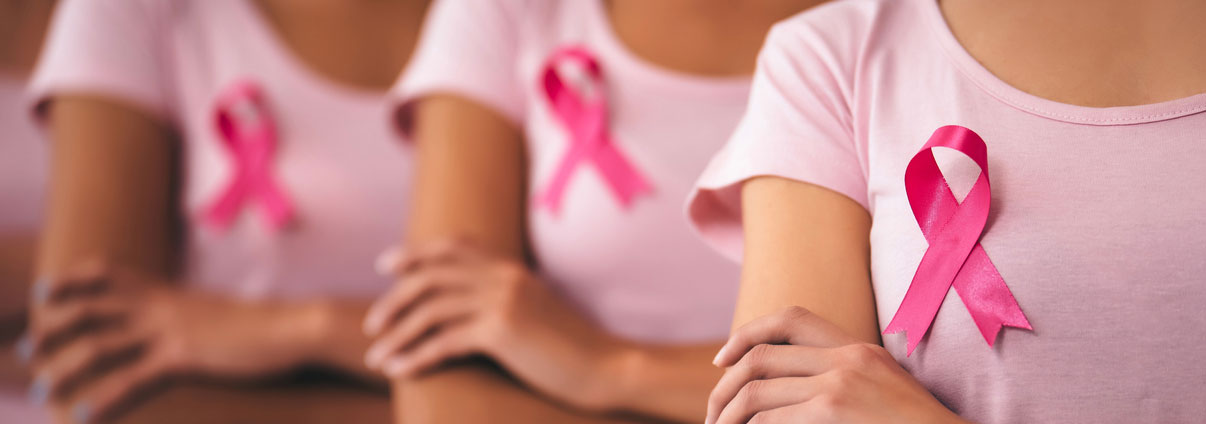
Breast cancer is a malignant tumor that develops from the cells of the breast, primarily in the ducts or lobules. It is the most common cancer among women worldwide, though it can also affect men. The risk factors for breast cancer include age, gender, family history, genetic mutations (such as BRCA1 and BRCA2), hormonal influences, and lifestyle factors like diet and alcohol consumption. Breast cancer can present as a lump in the breast, changes in breast shape or size, skin dimpling, nipple discharge, or skin changes. Early detection through regular mammograms, clinical breast exams, and self-examinations is critical for improving outcomes.
Breast Cancer Treatments
The treatment of breast cancer is highly personalized and depends on the type, stage, and molecular characteristics of the tumor, as well as the patient's overall health and preferences.
- Surgery: The primary treatment for most breast cancers, which may involve a lumpectomy (removal of the tumor and some surrounding tissue) or a mastectomy (removal of one or both breasts). In some cases, lymph nodes are also removed to check for cancer spread.
- Radiation Therapy: Often used after surgery to destroy any remaining cancer cells in the breast, chest wall, or lymph nodes. It reduces the risk of recurrence, especially after a lumpectomy.
- Chemotherapy: Uses drugs to kill cancer cells or stop their growth. It is often used before surgery to shrink tumors (neoadjuvant therapy) or after surgery to eliminate any remaining cancer cells (adjuvant therapy).
- Hormonal (Endocrine) Therapy: Used for hormone receptor-positive breast cancers (ER+ or PR+). This therapy blocks the effects of estrogen or lowers estrogen levels in the body, using drugs like tamoxifen or aromatase inhibitors.
- Targeted Therapy: Involves drugs that specifically target molecular markers on cancer cells, such as HER2-positive cancers. Trastuzumab (Herceptin) and other HER2 inhibitors are commonly used in these cases.
- Immunotherapy: A newer approach that helps the immune system recognize and attack cancer cells, primarily used for triple-negative breast cancer in certain cases.
- Lifestyle and Supportive Care: Ongoing support, including dietary changes, physical activity, and psychological counseling, is essential to managing the side effects of treatment and improving overall well-being.
Each treatment plan is tailored to the individual's specific type of breast cancer and their unique circumstances, with the goal of removing or controlling the cancer, preventing recurrence, and preserving quality of life.
Important-link